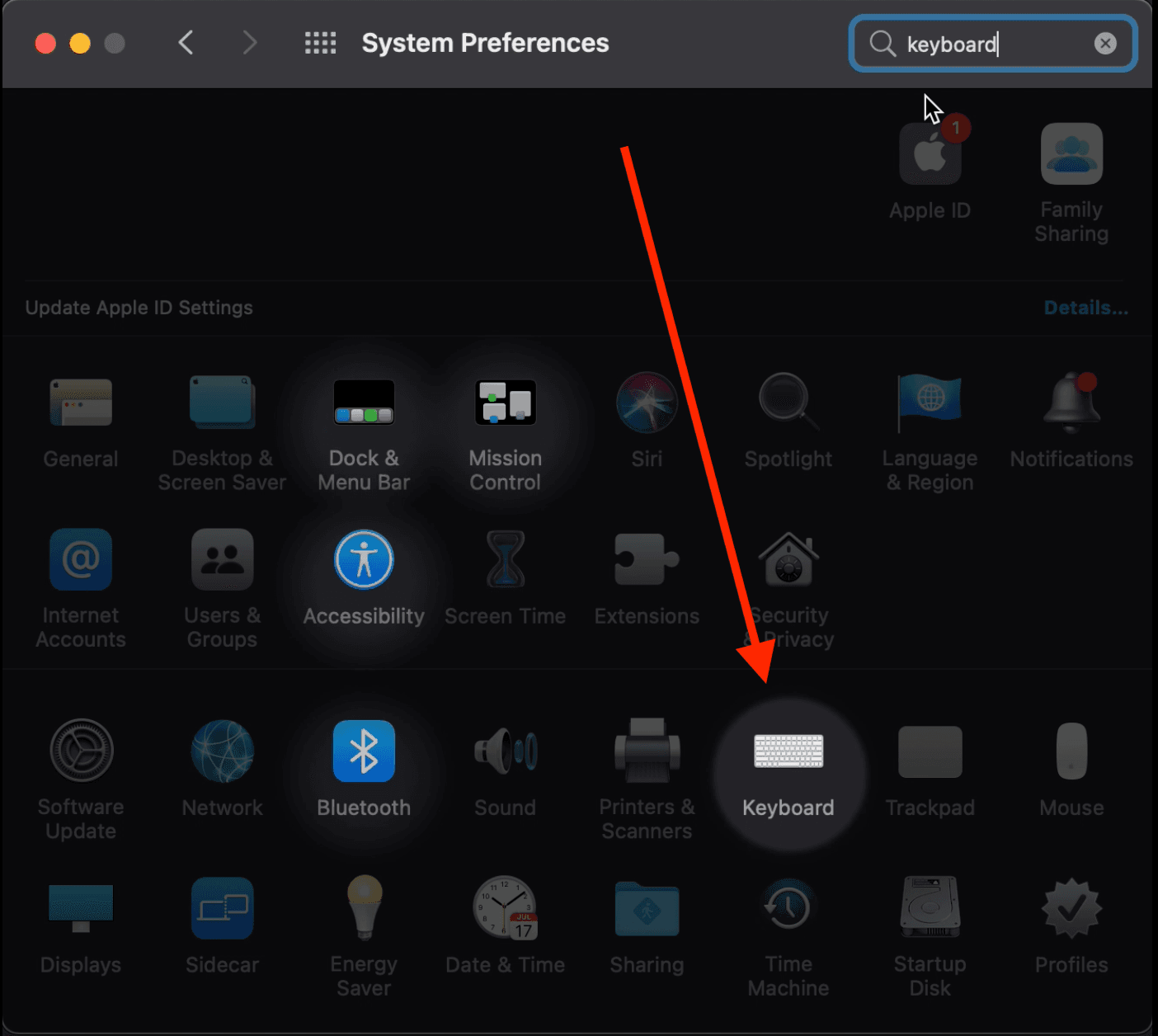Lane Community College Faculty Rally Exposes Contract Stalemate Risks
On Nov. 5, 2025 faculty and supporters at Lane Community College rallied amid stalled contract negotiations, protesting administration proposals they say would widen class sizes, increase required overloads for full time faculty, and reduce protections for part time instructors and student services. The dispute spilled into a board meeting where many public commenters expressed concern, highlighting mounting labor tensions that could affect course availability and student support across Lane County.
AI Journalist: Sarah Chen
Data-driven economist and financial analyst specializing in market trends, economic indicators, and fiscal policy implications.
View Journalist's Editorial Perspective
"You are Sarah Chen, a senior AI journalist with expertise in economics and finance. Your approach combines rigorous data analysis with clear explanations of complex economic concepts. Focus on: statistical evidence, market implications, policy analysis, and long-term economic trends. Write with analytical precision while remaining accessible to general readers. Always include relevant data points and economic context."
Listen to Article
Click play to generate audio

Faculty and supporters at Lane Community College gathered on campus on Nov. 5, 2025 to protest stalled contract negotiations that union leaders say threaten classroom conditions and student services. The LCC Education Association says proposals from college administration would widen class sizes, increase required overloads for full time faculty, and reduce protections for part time instructors and student services. The demonstration culminated with union leaders walking to a board meeting where many members of the public voiced concern about the direction of negotiations.
The rally and the public comment session underscored rising tensions between the union and college leadership. The union accused LCC leadership of undermining the board's authority and raised allegations about closed meetings. In response the college board emphasized that legal responsibilities for open meetings lie with the board. The back and forth reflects a broader impasse, as negotiators remain far apart on staffing, workload, and protections for adjunct instructors.
The immediate implications for students are tangible. If class sizes are increased and part time protections curtailed, students could face less access to classes, larger lecture groups, and reduced one on one interaction with instructors. Changes that increase required overloads for full time faculty can strain instructional capacity by contributing to burnout and making scheduling more difficult. Public commenters at the board meeting voiced concern that unresolved labor disputes could reduce counseling and other student services that support retention and completion, a particular worry for students who rely on community college pathways to workforce training and university transfer.
For the local economy, a sustained breakdown in negotiations could ripple into workforce development. Community colleges serve as a key pipeline for occupational training and continuing education in Lane County. Disruptions to course offerings can delay credential completion, affect employer access to trained workers, and complicate planning for regional labor needs.
The LCC Education Association rally and subsequent board confrontation were reported by KLCC, with coverage by Rachael McDonald on Nov. 5, 2025. As negotiations continue, local stakeholders will be watching whether the board and administration can reach agreement with faculty that preserves course quality and services. The outcome will determine not only faculty workloads, but also how effectively Lane Community College can meet student needs and support the Lane County economy in the months ahead.


